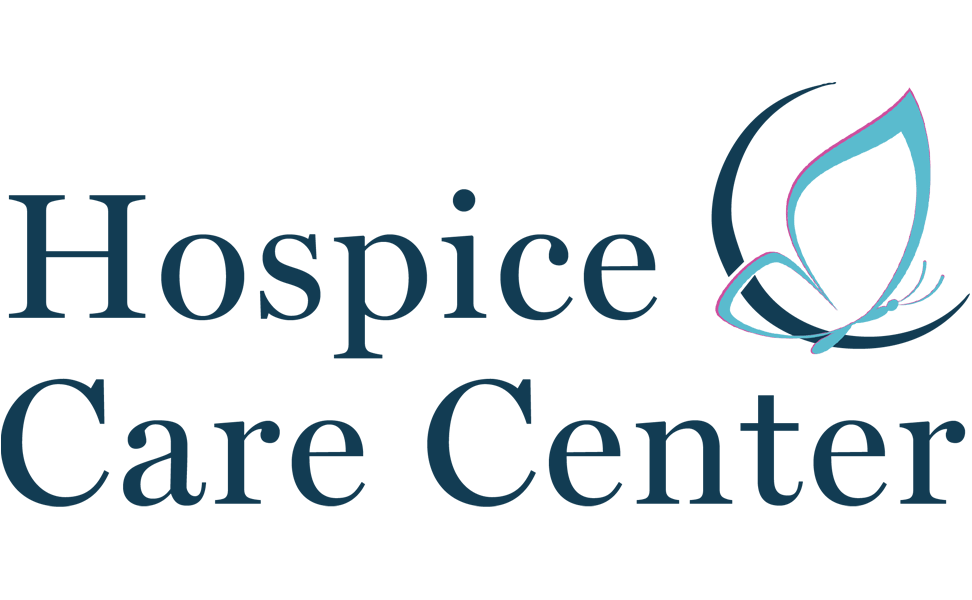Our goal is to be an extension of your patient care (not a replacement)
When you refer your patient to Hospice Care Center, you can trust us to surround that patient with a highly skilled team of hospice professionals. The team will work together, and with you if you wish, to develop a plan of care for your patient. Every patient situation is unique, so we start with your diagnosis and referral as we meet with the patient and caregiver(s) to hear their desires. Once everyone is on the same page, we craft a care plan that is specific in addressing the stated goals of the patient and family.
How We Care for Your Patients

- We will provide all medications, durable medical equipment (DME), and medical supplies related to the illness we are managing
- We will provide care 24 hours / 7 days a week
- We will never charge our patients or families anything for the services we provide
- We are additional care to what you provide – we do not replace your care or expect your patient relationship to cease – but instead look forward to coordinating care with you
What Your Patients Want
- 83% of Americans want to die at home, cared for by loved ones, and supported by in-home care professionals, according to findings of a national survey conducted by the National Hospice and Palliative Care Organization
- 88% of respondents said they would consider using hospice if they or someone they knew were terminally ill
- 98% of respondents whose family had previously been served by hospice said it was a positive experience

Respondents said the most important aspects of a good death were:
- Dying with family members present
- Dying with dignity
- Dying pain free
- Dying with the benefit of spiritual counseling
Having Difficult Decisions
We know how challenging end-of-life conversations can be, whether with a new patient or someone you have known for decades. We are available to work with you and your nursing staff to discuss approaches to demystify the discussion. We know that as patients and their families become better educated regarding their choices, and better understand the benefits of comfort care, that their decisions change. This recent New York Times article, “Seeking a Beautiful Death” summarizes these insights brilliantly.
The Hospice Philosophy
The hospice philosophy holds that end-of-life care should emphasize quality of life. A nationwide Gallup survey conducted for the National Hospice and Palliative Care Organization produced five key outcomes:
1. An overwhelming majority of adults said they would be interested in the comprehensive program of care at home that hospice programs provide. Yet most Americans know little or nothing about their eligibility for or availability of hospice services.
2. When asked to name their greatest fear associated with death, respondents most cited “being a burden to family and friends,” followed by “pain” and “lack of control.” Addressing the whole range of physical and psychological needs of the patient and his or her family in an interdisciplinary way is what makes hospice care so special.
3. 90% of adults believe it is the family’s responsibility to care for the dying. Hospice provides families with the support needed to keep their loved one at home, and can take over fully to give the caretaker short “respite” periods.
4. Most adults believe it would take a year or more to adjust to the death of a loved one. However, only 10% of adults have ever participated in a bereavement program or grief counseling following the death of a loved one. Hospice programs offer one year of grief counseling for the surviving family and friends.
